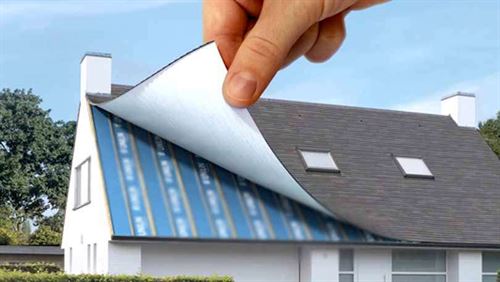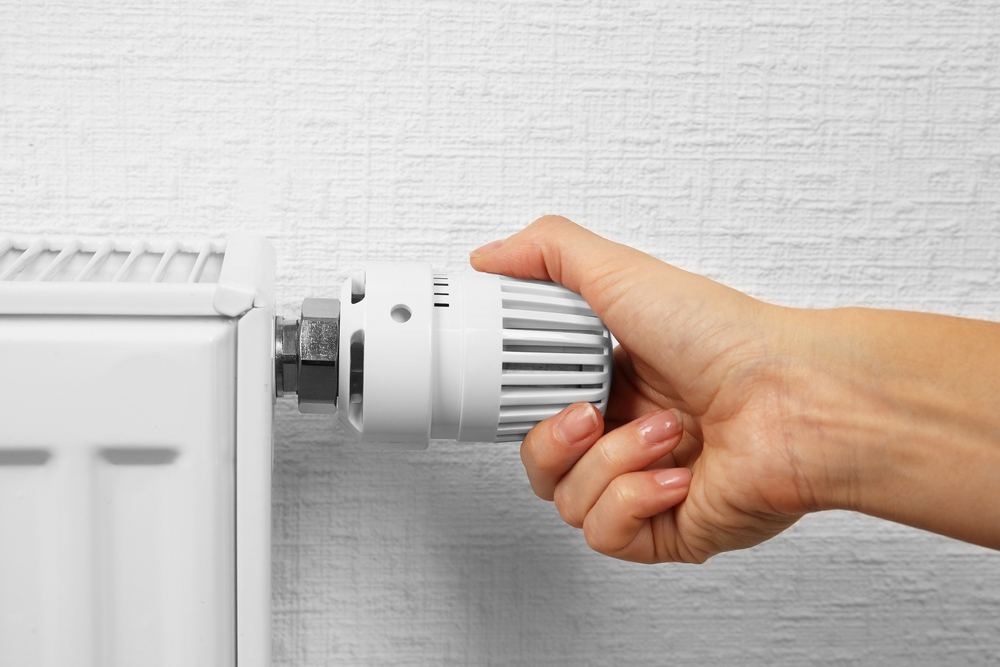The choice of materials for waterproofing should be considered. Products manufactured with CE quality according to world standards should be selected. All Thermolock waterproofing products are manufactured in accordance with CE stands.
1- The choice of materials for waterproofing should be considered. Products manufactured with CE quality according to world standards should be selected. All Thermolock waterproofing products are manufactured in accordance with CE stands.
2- Underfloor products and non-standard materials should be avoided. These products will lose their performance after a while and your money will be wasted. The low-quality products that are selected with the concern of cheapness do not provide the expected performance in buildings. The relatively inexpensive prices of such products are also due to the incomplete and unskilled use of the material. With Thermolock products this problem will be completely eliminated.
3- Choosing the right material in the right detail is very important. If the roof is a roof and if the slope of the roof is 5 percent or less, a two-layer waterproofing cover must be applied. Experts recommend the application of 2 layers of waterproofing in roofs under all circumstances for safety.
4- The importance of application and workmanship quality should be given as much as material selection in waterproofing. Waterproofing applications should be carried out by the companies who are trained in the field and who have a specialized team by certified craftsmen and workers.
5- Weather conditions are important when waterproofing. Waterproofing should not be applied at temperatures above 40 ° C and on frozen floors.
6- Since the topcoats used in roofs are exposed to sunlight for a long time, high temperature and long term resistance to water should be sought. At this point, the products which have passed the UV resistant aging tests and conform to the standards should be preferred.
7 - If there is a pressurized water effect on the foundations (usually ground water is present in all environments), water resistant products should be used. Bituminous membranes should be preferred in the basic curtain walls and coverings with a minimum thickness of 3 mm with polyester felt carrier should be applied instead of the glass fiber carrier covers.
8- The basements and the car parks located under the building give clues about whether the basic waterproofing of the building is made correctly. Therefore, moisture, moisture, mildew and so on in the parts of a building under the ground. need to pay attention if there are problems. This building is highly threatened by corrosion. Preventive isolation measures should be taken to protect against harmful effects of water by appropriate methods.
9- It should be ensured that the thickness of the bitumen cover chosen for each detail is not less than 3 millimeters. Although 2 millimeter products are widely used in the market, the use of a minimum thickness of 3 millimeters is recommended by experts. A minimum of 4 millimeters is preferred for applications in European countries.
10- Before applying any waterproofing, consult an institution that you trust, conforms to the standards and assures the CE quality.




